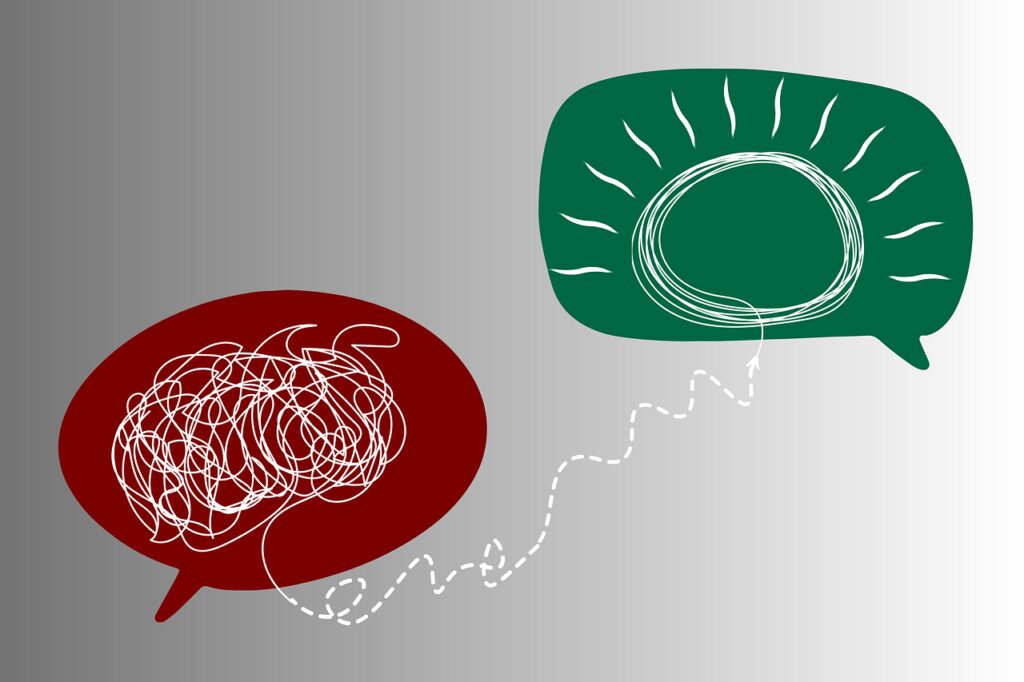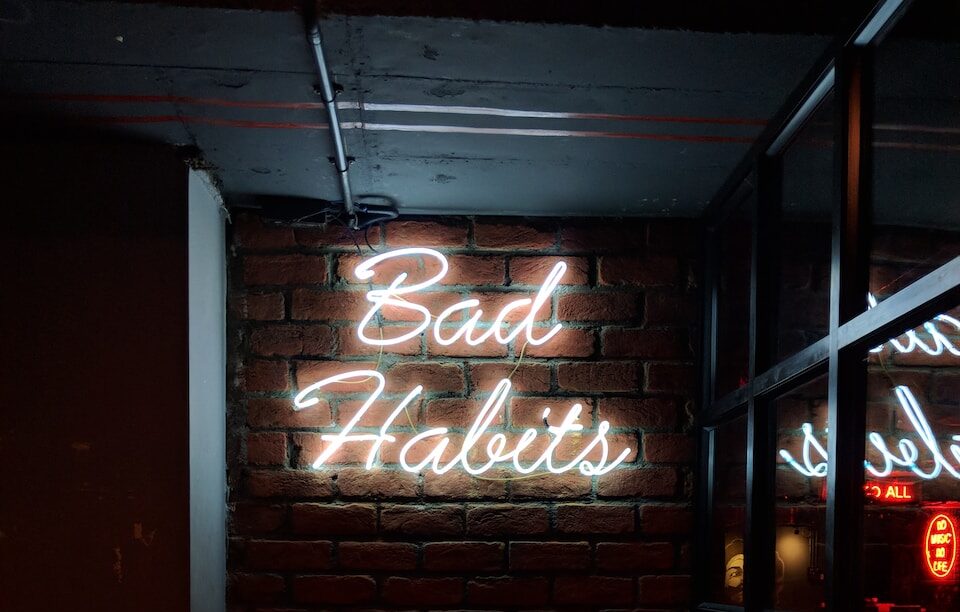Overcome Bad Writing Habits: Procrastination
That Pesky Procrastination
Hey there, fellow writer! So, you know that feeling when you’re staring at a blank page, waiting for the words to magically appear, but instead you find yourself scrolling through social media, binge-watching Netflix, or doing pretty much anything except writing? Yep, that’s procrastination, and it’s a super common bad writing habit that can seriously mess with your work quality and productivity. I’ll admit, TikTok has slowed many a writing project from me lately. In this article, we’ll chat about why we procrastinate, how it affects our writing, and some handy-dandy strategies to kick it to the curb. Ready? Let’s go overcome procrastination!

Unraveling Procrastination: What’s the Deal?
First things first, you can’t overcome procrastination without understanding it. We have to figure out why we procrastinate before we can beat it. So, let’s have a look at some common reasons:
- Perfectionism: Sometimes, the fear of not being good enough can paralyze us and prevent us from starting.
- Overwhelm: When a project seems too big or complicated, we might put it off because we don’t know where to start.
- Lack of motivation: If we’re not passionate about a topic, it’s tough to get ourselves to write about it.
- Fear of failure: The thought of failing can make us hesitate to even try.
- Poor time management: When we don’t have a clear plan or schedule, it’s easy to get lost in distractions.

The Downside: How Procrastination Hurts Our Writing
Now, let’s chat about how procrastination can negatively impact our writing:
- Quality suffers: Rushing to finish a piece last minute means less time for editing and revising, leading to more errors and weaker content.
- Stress increases: The pressure to complete a task quickly can lead to burnout and a whole lot of stress.
- Motivation drops: When we’re constantly playing catch-up, it’s hard to stay motivated and excited about our work.
- Deadlines get missed: Chronic procrastination can lead to missed deadlines, which can damage our reputation and hurt our careers.

The Battle Plan: Strategies to Overcome Procrastination
Okay, now that we know the enemy, it’s time to fight back! Here are some tips to help you conquer procrastination:
- Set realistic goals: Break your project into smaller tasks and establish achievable deadlines to make it less overwhelming.
- Create a routine: Establish a daily writing routine and stick to it. Consistency is key!
- Eliminate distractions: Identify your biggest distractions and find ways to minimize them, like using website blockers or setting your phone to “Do Not Disturb.”
- Embrace imperfection: Remember, it’s better to have a rough draft that you can edit than to have no draft at all.
- Reward yourself: Celebrate your progress with small rewards, like taking a walk or enjoying a favorite snack.
Get an Accountability Buddy to Help Overcome Procrastination
Sometimes, we just need a little extra push to stay on track. Find a friend or fellow writer who can help you stay accountable to your writing goals. Share your progress, exchange feedback, and encourage each other to stay focused.
Set the Mood for Writing
Create a comfortable and inspiring writing environment. This can be as simple as lighting a scented candle, playing some background music, or having a cup of your favorite tea. The right atmosphere can make it easier to focus and get those creative juices flowing.
Use Time Management Techniques
Experiment with time management strategies, like the Pomodoro Technique, where you work in short, focused bursts followed by a short break.

Embrace the Power of Brainstorming
Before diving into your writing project, take some time to brainstorm ideas and create an outline. This will give you a roadmap to follow, making it easier to get started and stay on track. Don’t worry about getting everything perfect at this stage – just let the ideas flow!
Tackle the Hardest Part First
Identify the most challenging part of your writing project and tackle it first. Once you’ve conquered the toughest part, the rest of the project will feel more manageable, and you’ll be less likely to procrastinate.

Don’t Wait for Inspiration to Strike
One of the biggest misconceptions about writing is that we need to wait for inspiration to hit us. In reality, the more we write, the more inspired we become. So, even when you’re not feeling particularly inspired, just start writing – you might be surprised at what you come up with!
Overcoming Procrastination Means Being Kind to Yourself
Lastly, remember that we all procrastinate from time to time. Don’t beat yourself up if you slip up – instead, learn from the experience and keep working on improving your writing habits.

Final Thoughts: Saying Goodbye to Procrastination
There you have it! With these strategies in hand, you’ll be well on your way to overcoming procrastination and becoming a more productive and confident writer. Remember, the key is to be consistent, stay focused, and be kind to yourself as you work towards better writing habits. So, go on and kick that pesky procrastination to the curb – your writing will thank you!







